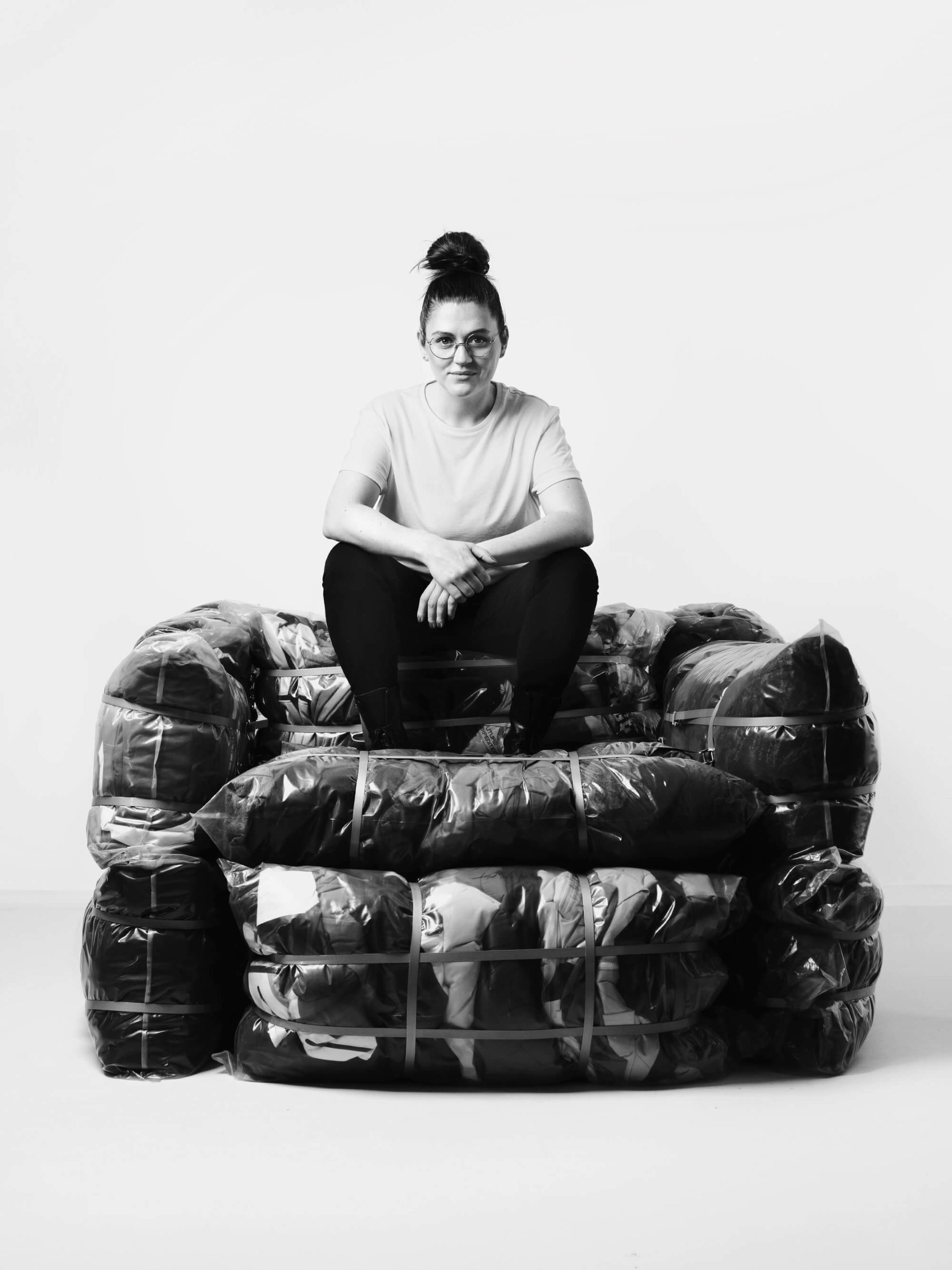Natural disasters – heat, drought, rising sea levels – disproportionately affect women. Women are more likely than men to live in poverty, have more limited basic rights such as freedom of movement and the ability to acquire land, and are exposed to systematic violence that intensifies in periods of instability. These and many other factors mean that as climate change intensifies, women will struggle the most.
During the 1991 floods in Bangladesh, 90% of the 140,000 victims were women. That’s 14 women for every one man. The 2004 Indian Ocean tsunami claimed 250,000 victims, 70% of whom were women. Why did this happen? The reasons were varied, but generally related to wealth and access to education. Women did not want to flee the impending disaster, fearing that in a place of refuge they would not be able to satisfy their religious or cultural needs. Many of them could not swim, or their swimming skills were limited by traditional clothing such as long skirts or burqas.

Women are not only less likely to survive a natural disaster, but if they do, they are also more likely to suffer the violence and exploitation that follows. A clear example of this, are the armed gangs that attacked women and girls in transit camps after the 2010 earthquake in Haiti.
UN statistics show that 80% of those displaced by climate change are women. They act as the main caregivers and providers of food and fuel, which makes them more vulnerable to floods and droughts – they have to travel ever greater distances to fetch water, for example.

Does this make women more climate responsible? It turns out that it does – especially in developed countries where women have adequate access to education. The Eco Gender Gap is the discrepancy between the ethical choices made by men and women. Research conducted by Mintel in 2018 shows that men are less likely to engage in environmentally friendly behaviour. According to a UK study, 71% of women and only 59% of men try to live greener.
The PwC report shows that for the majority of Poles (92%) ecology and caring for the environment are important, but the gender gap is also apparent in our country. Caring for the environment is more important for women (53%) than for men (45%)4.

Let’s not be afraid to be the leaders of change! Everyone – or in this context – EVERY WOMAN can take action to protect the climate. Whether it’s using public transport to get to work or university, drinking tap water, sorting rubbish, limiting the amount of meat you eat, or choosing second-hand clothes. Let’s take action, take small steps towards change and encourage those around us to do so, because to achieve the goal, everyone needs to be on board, regardless of gender